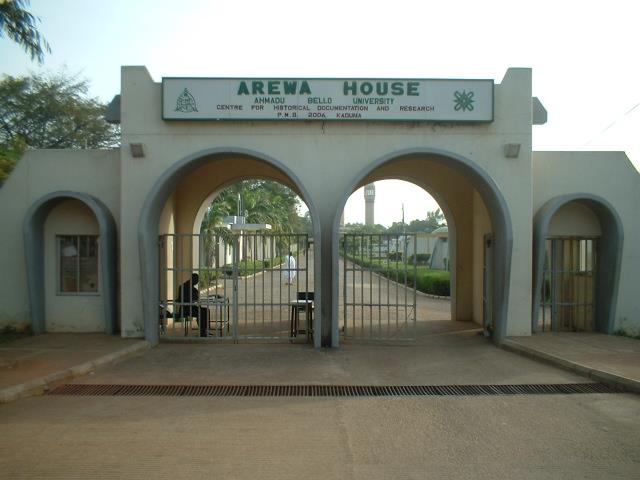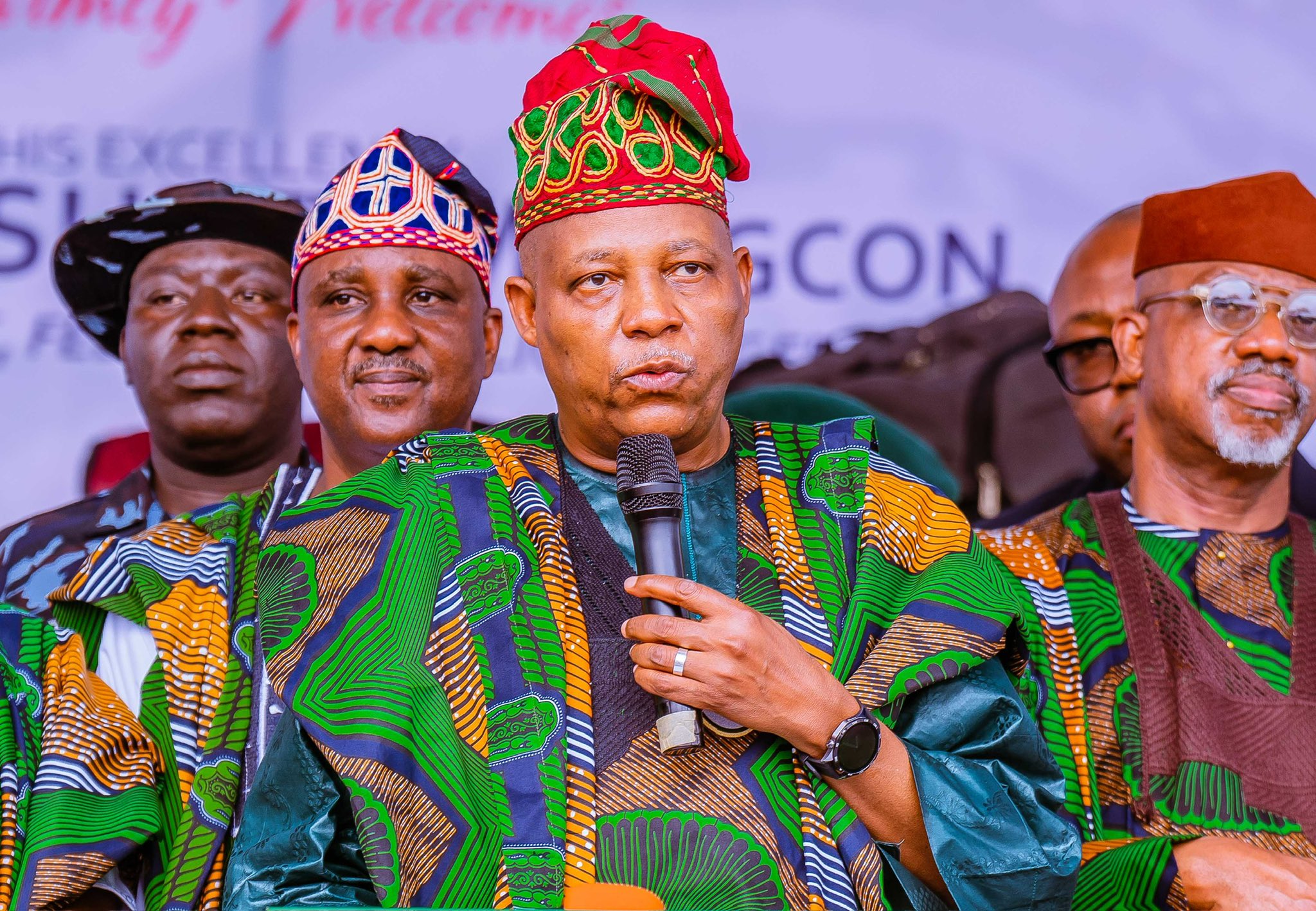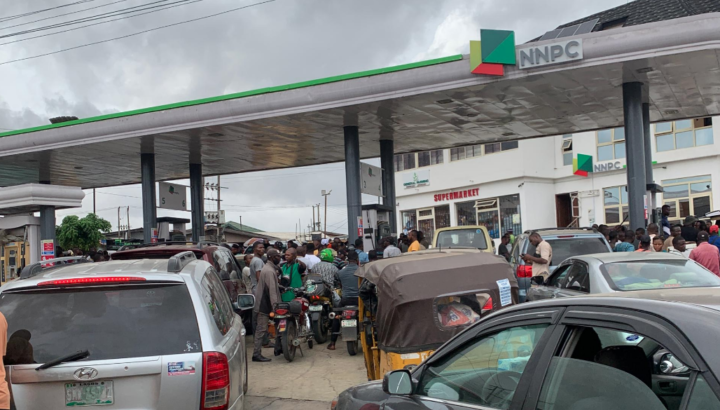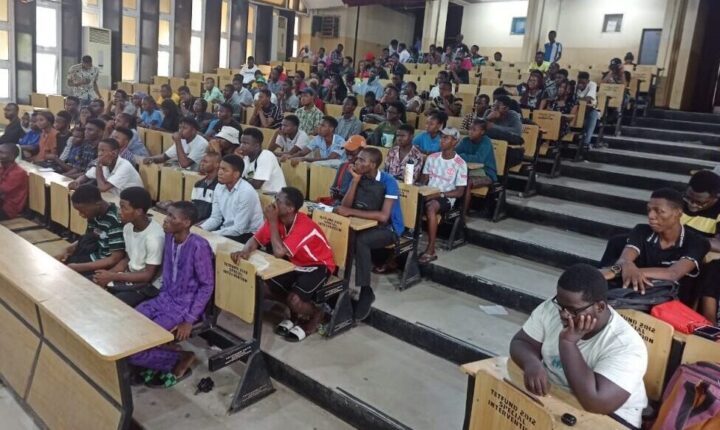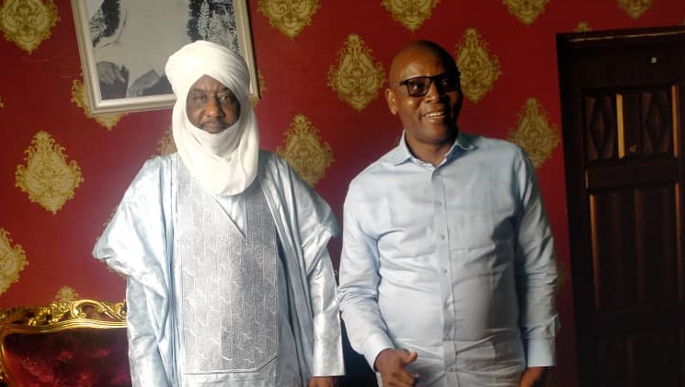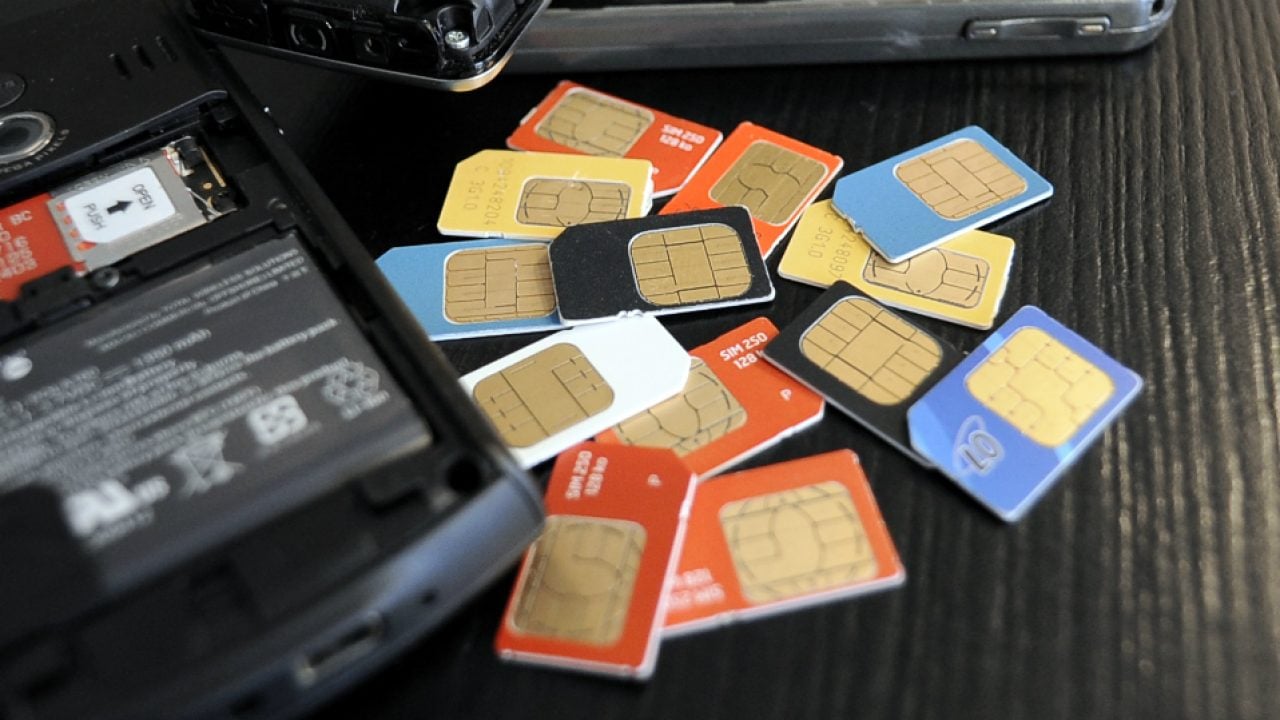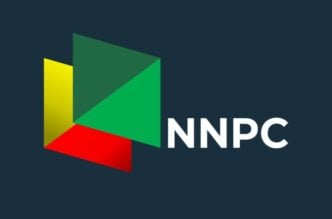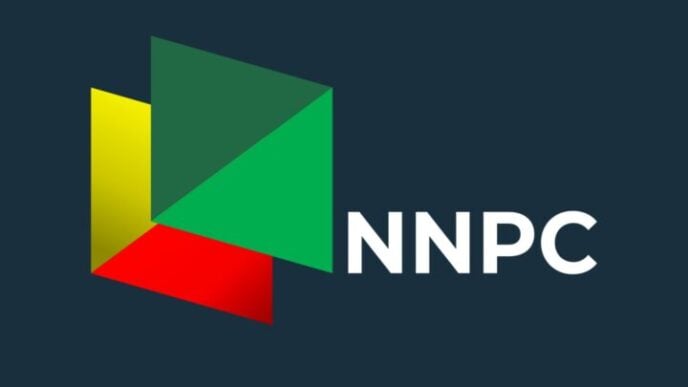Following my several articles on the issues currently trending in northern Nigeria, a long term friend and classmate of mine during our schooling days in Zaria who hails from Katsina called me to offer his comments. Our discussion was interspersed by his liberal but good natured use of coarse language typical of many Katsina guys, (By the way he is not a cigarettes smoker thank God) he told me that he did not share in the concept of ‘’the north’’ as I portrayed in my articles. He was of the belief that the concept of the north as currently portrayed was deceptive and not inclusive but a mirage pursued mainly by politicians from the North West region to further their political agenda. He believes the political agenda of the politicians from the North West does not reflect or include the interest of the entire Northern region, but it serves their convenience to claim they are speaking for and representing the north as a whole.
He also linked this to the concept of the ‘’middle belt’’. He said the people driving the middle belt idea today are using it opportunistically to achieve a narrow agenda that does not represent the interest of the area they define as ‘’middle belt’’. Indeed he said that the term as presently defined is also as misleading and non-inclusive as the concept of the Northern region being pursued by North West politicians. It is curious he said that somebody from Borno state is parading himself as leader of the middle belt and that Zuru in Kebbi in the North West region is lumped along too.
In the context of current developments in the Nigerian polity there have been allegations from prominent northerners and groups about how the president Bola Ahmed Tinubu administration is side lining the north and even seeking to devalue its relevance in the political stakes of the country. How then can the north face up to this existential challenge in this state of disarray and deep division?
Recently a new group called ‘’League of Northern Democrats’’ a who’s who of northern political figures young and old from across the three northern geo-political zones has come up with a defined agenda of pursuing the collective political interest of northern Nigeria now and into the future.
Advertisement
But as my friend and many others have asked pertinently, who is a northerner and what really does the north stand for? Is there an agreement among northerners themselves on this question?
To address this question diligently, we must look at five important factors; geography, religion, politics, language and shared culture, and leadership.
Is the north an arbitrary geographical delineation or is its geographical extent a consequence of its history? History teaches us that the Sokoto caliphate pre-colonial entity that covered a large chunk of what is northern Nigeria today had by conquest extended its reaches south West wards beyond Ilorin towards present day Oshogbo. It was there that the expansion was terminated by the combined Yoruba forces led by Aare Kurunmi of Ijaiye in 1840/41. To the north east, the combination of the Fulani and Kanem-Borno empires had extended the frontiers of the north right into present day Chad and northern Cameroon. To the central and up to parts of what is today’s north east of northern Nigeria there were established entities which included Kwararafa, Igala and Kin Nupe Kingdoms who shared a chequered state of relationship amongst themselves and with the Caliphate and Kanem-Borno.
Advertisement
So in effect, the geographical definition of northern Nigeria was indeed a fact of history predating colonial times.
Religion is another factor in the mix. It was always a contentious issue because not all areas of the geographical north practised or agreed to practise the religion of Islam which was the de facto religion of two major northern entities, the Sokoto Caliphate and the Kanem-Borno Empire. And there were conflicts even among the dominant entities that practised Islam as state religion and with those who did not practice the religion. This was exacerbated during colonial times as Christian missionaries were permitted to proselytise in these areas which subsequently created in the process the major source of conflict within the north today between its Muslim and Christian adherents.
But despite this, there is no denying the influence of shared language and culture in the north. In the north today the influence of the Hausa language is pervasive with about 70 to 80 per cent of northerners across the three geopolitical zones using it as language for interaction. This is true among the inhabitants of states like Plateau, Adamawa and in southern Kaduna, Gombe, Taraba, Bauchi and Borno.
During the colonial era, the British colonial administration exercised leadership of northern Nigeria through a two-tiered structure; the British at the top and below them the local traditional rulers through the Native Authority system. Though not a perfect arrangement as it brewed resentments from areas that justifiably felt that they were being subsumed by traditional rulership that were alien to them, this somehow helped cement the sense of community among northerners.
Advertisement
It was this sense of community that Ahmadu Bello the Premier of northern Nigeria inherited at independence from Britain and tried to consolidate during the first republic.
But as my friend from Katsina and many have rightly observed, the north is now no longer the north of Ahmadu Bello where all the five factors of geography, language and shared cultures, religious tolerance, dedicated leadership and a focussed political direction gave the north the identity and edge in national politics.
Bako Yerima a Jos based public affairs commentator I talked to blames politicians from the North West region of northern Nigeria for this. He said the North West has been behaving like a greedy older brother who upon the death of their father (meaning Ahmadu Bello) decided to alienate the younger ones (North Central and North East) and take over the properties their father built, to themselves. That is why the minorities have decided to create the middle belt as their own identity and relevance, he said.
But Shimataver Atim-Atedze a Makurdi politician while agreeing largely with the views expressed by Yerima, however disagreed with the middle belt idea being presently canvassed. He said that ‘’The middle belt thing being currently pursued deviates from what my maternal uncle J.S Tarka the founder laboured to build. His concept was despite our differences we are all northerners and it is in our collective interest not to allow it go under ’’
Advertisement
By and large within the context of Nigeria every person or group within the defined geographical space of northern Nigeria and by virtue of the shared history, culture and language over the years predating colonial times, is a northerner. They may have different religious persuasions and political inclinations today but that does not make them any more or less northerners.
Now that the North is at odds facing all kinds of issues like insecurity, economic deprivation, poverty and on top of that the undisguised attempts by President Tinubu to decapitate the region politically and economically, this fact poses a collective challenge to northern political leaders to save what is left of the region’s unity and relevance in Nigeria bearing in mind its abiding pivotal role as the anchor of the country.
Advertisement
Gadu can be reached via [email protected]
08035355706 (texts only)
Advertisement
Views expressed by contributors are strictly personal and not of TheCable.
Add a comment

